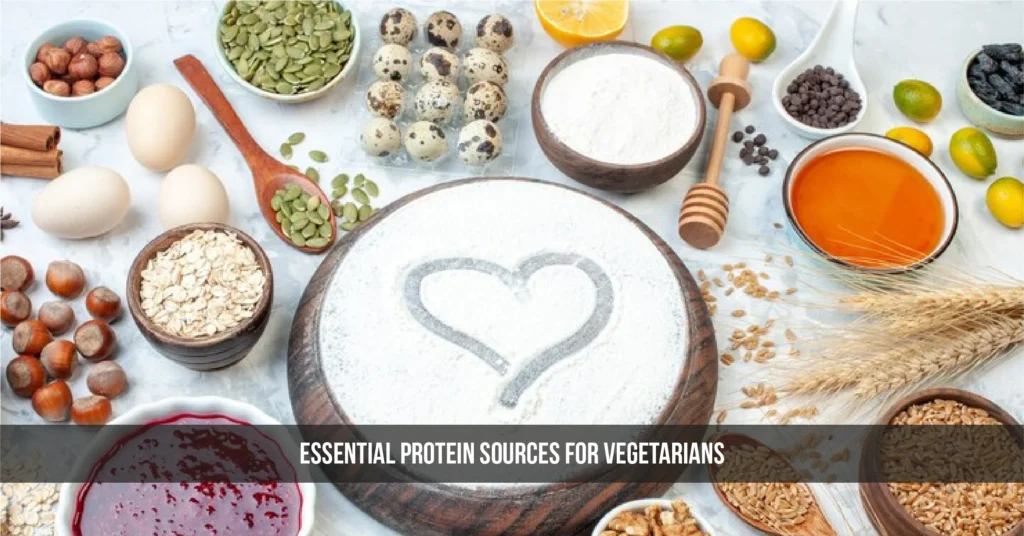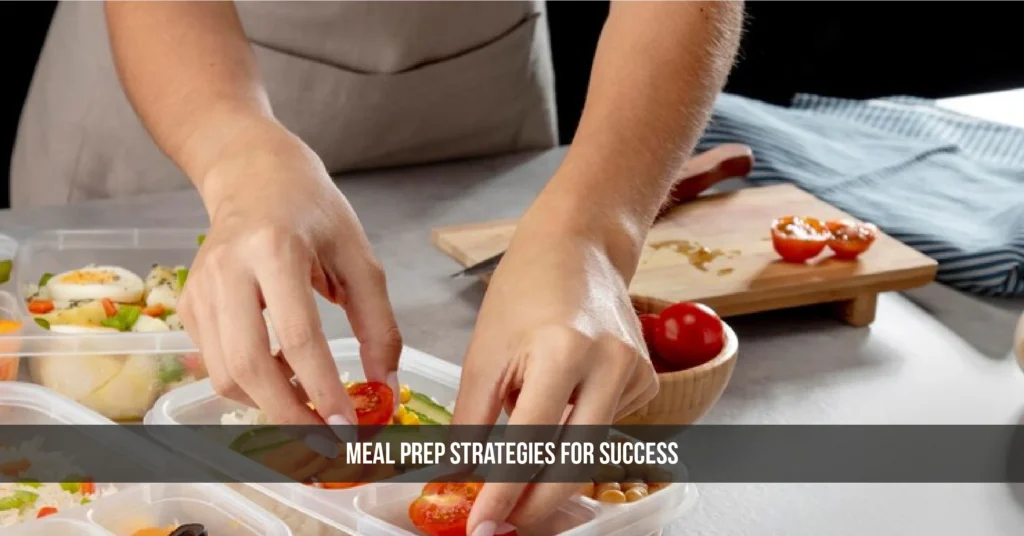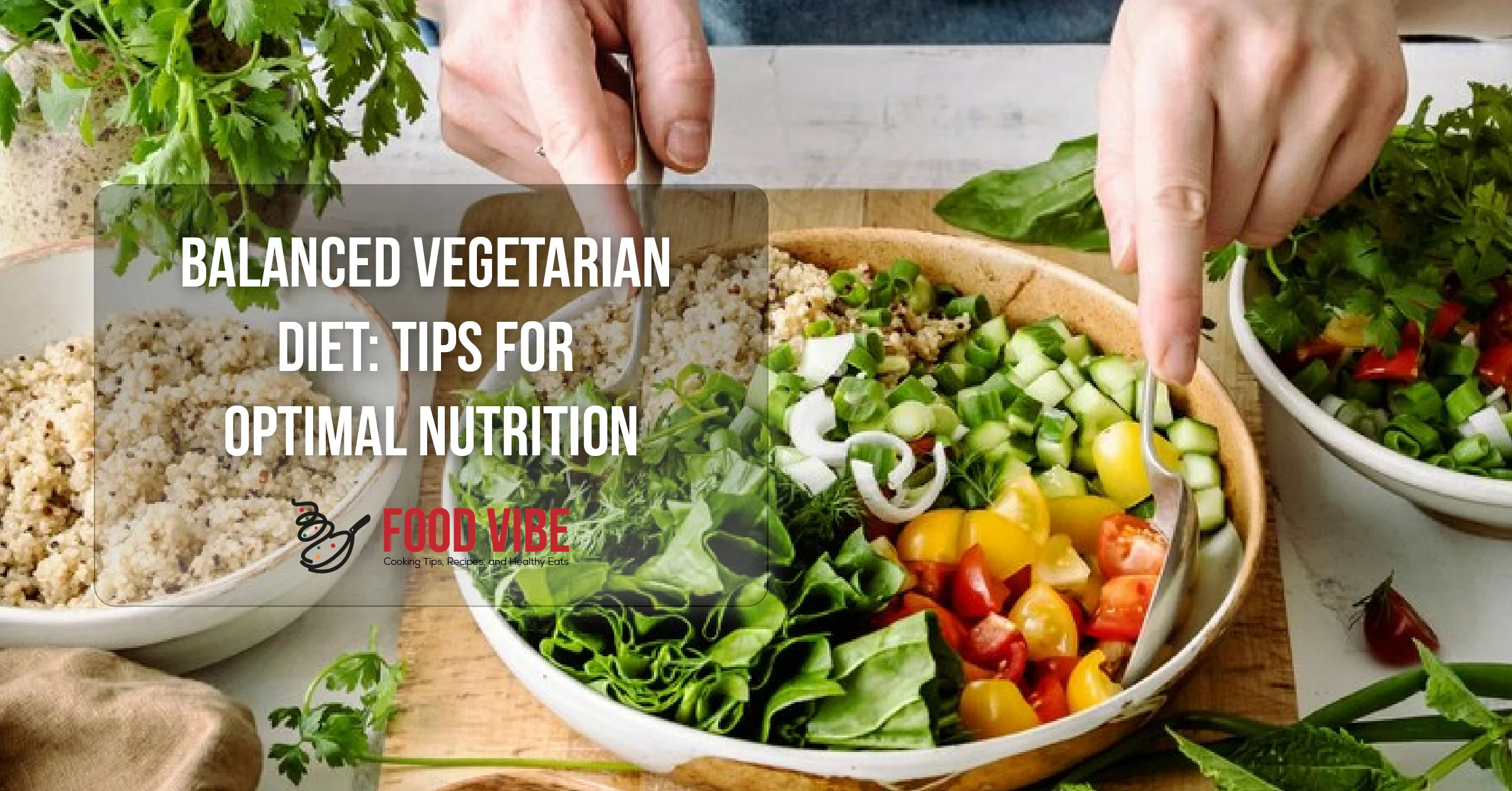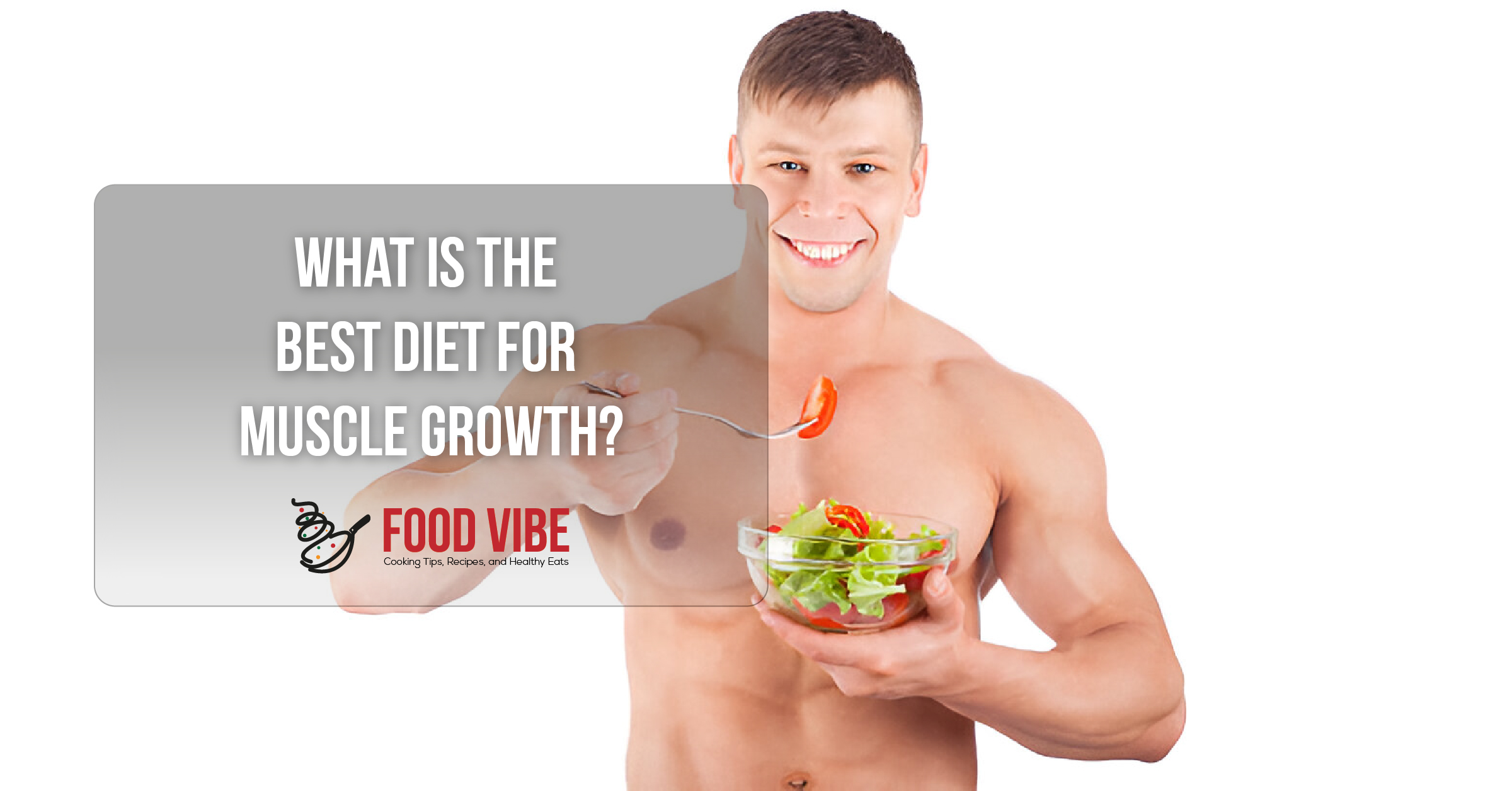Balanced Vegetarian Diet: Tips for Optimal Nutrition
Thinking about a vegetarian diet? It’s key to know how to do it right for the best nutrition. A well-thought-out vegetarian diet can bring many health perks. You’ll need to make sure you get enough protein, iron, calcium, and vitamin B12.
To get the most out of your diet, focus on tips that help you balance your nutrients. By following these tips, you can boost your health and lower disease risks. A vegetarian diet is a smart choice for better health, and with the right advice, you can make the most of it.
Table of Contents
Understanding the Foundations of a Balanced Vegetarian Diet
Exploring vegetarianism means learning about different diets and their health perks. A well-planned plant-based diet can lower heart disease and cancer risks. It’s a great choice for healthy eating, offering tasty and nutritious vegetarian recipes.
To get the right nutrients, focus on protein, iron, and calcium. Legumes, whole grains, and leafy greens are good sources. Adding these to your diet ensures you get the most from a plant-based diet.
Types of Vegetarian Diets
- Lacto-ovo-vegetarian: includes dairy and eggs
- Lacto-vegetarian: includes dairy, but not eggs
- Ovo-vegetarian: includes eggs, but not dairy
- Vegan: excludes all animal products
Essential Nutrients for Vegetarians
As a vegetarian, it’s key to watch your nutrient intake. Make sure you get enough protein, iron, calcium, and vitamin B12. Plant-based sources make it easy to stay healthy and balanced.
Benefits of Plant-Based Eating
Plant-based diets offer many benefits, like lowering disease risks and supporting a healthy weight. Eating whole, plant-based foods boosts your health and well-being. With some planning and creativity, you can make delicious, nutritious vegetarian meals that keep you full and energized.
Essential Protein Sources for Vegetarians
As a vegetarian, it’s key to eat a variety of protein-rich foods. This ensures you get all the amino acids your body needs. Good sources include legumes, beans, lentils, tofu, and tempeh.
These nutrient-dense foods are not just high in protein. They’re also packed with fiber, vitamins, and minerals. For instance, a cup of cooked lentils has about 18g of protein. A cup of cooked chickpeas has around 15g.
You can mix these foods to make balanced meals. This way, you get all the amino acids your body needs.
- Legumes: lentils, chickpeas, black beans, kidney beans
- Beans: pinto beans, navy beans, cannellini beans
- Nuts and seeds: almonds, chia seeds, hemp seeds, pumpkin seeds
- Whole grains: quinoa, brown rice, whole wheat bread
You can also add other nutrient-dense foods to your diet. Nuts, seeds, and whole grains are great. They’re not just protein sources. They also have healthy fats, fiber, and vitamins.
| Food | Protein Content (per cup) |
|---|---|
| Lentils | 18g |
| Chickpeas | 15g |
| Black beans | 15g |
| Quinoa | 8g |
By adding these protein-rich foods to your diet, you can make sure you get all the nutrients you need. This helps your body thrive.

Critical Vitamins and Minerals in Your Plant-Based Diet
Starting a vegetarian lifestyle means focusing on key vitamins and minerals. A good vegetarian meal planning plan helps you get what you need. It’s important to make sure you get enough vitamin B12, iron, and calcium.
These nutrients are vital for healthy red blood cells, nerves, and bones. You can find vitamin B12 in fortified plant-based milk, dark leafy greens, and legumes. Iron is in lentils, chickpeas, and black beans. Calcium is in fortified plant-based milk, kale, and broccoli.
Vitamin B12 Sources and Supplements
Vitamin B12 is key for making red blood cells. You can get it from supplements or fortified foods. Always talk to a doctor to find out what’s best for you.
Iron-Rich Vegetarian Foods
Iron is important for healthy red blood cells. Make sure to eat iron-rich foods like lentils, chickpeas, and black beans. This is part of good vegetarian meal planning.
Calcium and Vitamin D Requirements
Calcium and vitamin D are crucial for strong bones. You can find calcium in fortified plant-based milk, kale, and broccoli. Vitamin D comes from sunlight, supplements, or fortified foods. A balanced vegetarian lifestyle with lots of whole foods helps meet your needs.
Smart Shopping Guide for Vegetarian Ingredients
Preparing tasty vegetarian recipes starts with the right ingredients. To make healthy eating simpler, learn to pick the freshest produce and read labels well. Plan your meals and make a grocery list to avoid missing out on key items.
A good pantry is key for a vegetarian diet. Visit local farmers’ markets or health food stores for a variety of vegetarian ingredients. Stores like Whole Foods, Trader Joe’s, and Sprouts Farmers Market are great. Online stores like Amazon and Thrive Market also offer good deals.
Here are some smart shopping tips:
- Buy seasonal produce for freshness and savings
- Choose whole grains over processed foods
- Opt for plant-based milk and dairy-free products
- Read labels to avoid hidden animal products
By planning meals and following these tips, you can make tasty and healthy vegetarian recipes. Always check labels and look for the USDA Organic seal for quality products.
| Store | Location | Popular Vegetarian Ingredients |
|---|---|---|
| Whole Foods | Nationwide | Organic produce, plant-based milk, whole grains |
| Trader Joe’s | Nationwide | Unique vegetarian products, affordable prices |
| Sprouts Farmers Market | Western United States | Fresh produce, bulk grains, plant-based snacks |
Balanced Vegetarian Diet Tips for Optimal Nutrition: A Complete Guide
To get the most out of your diet, follow these balanced vegetarian tips. A well-thought-out vegetarian diet can lower your risk of heart disease and some cancers. Eating a variety of plant-based foods ensures you get all the nutrients you need.
Creating a personalized meal plan is key. Here are some important points to consider:
- Portion control: Watch your serving sizes to keep your weight healthy and avoid overeating.
- Meal timing: Eat at regular times to keep your energy steady all day.
- Food combination: Pair foods like whole grains with legumes for a complete protein.
By using these tips, you’ll be on the path to a healthier life. Drink lots of water and eat less processed and sugary foods. With some planning and creativity, you can make tasty, nutritious meals that keep you energized and focused.
Meal Prep Strategies for Success
Starting a vegetarian lifestyle means you need good meal prep strategies. Vegetarian meal planning is easy once you know the basics. First, plan your meals for the week, thinking about your schedule and what you need to eat.
Having a vegetarian meal planning schedule helps you stay organized. Here are some tips to make meal prep easy:
- Shop for ingredients in bulk to save time and money
- Cook meals in advance to use throughout the week
- Use leftovers to reduce food waste and save time
By following these tips, you’ll keep a healthy and balanced vegetarian lifestyle. Find healthy recipes and meal ideas that fit your vegetarian meal planning needs to stay motivated.
| Meal Prep Tip | Description |
|---|---|
| Plan Your Meals | Take time to plan your meals for the week, considering your schedule and dietary needs. |
| Shop Smart | Shop for ingredients in bulk to save time and money. |
| Cook in Advance | Cook meals in advance to use throughout the week. |
With these strategies, you can keep a healthy and balanced vegetarian lifestyle. It makes it easier to follow your vegetarian meal planning goals.

Creating Nutrient-Dense Vegetarian Recipes
Exploring vegetarian recipes opens up a world of tasty and healthy choices. You can find everything from hearty breakfasts to filling dinners. The secret to balanced meals is using whole, nutrient-rich foods. Adding fruits, veggies, whole grains, and legumes to your meals boosts your health.
Vegetarian recipes offer endless creativity. Try new ingredients and flavors, like roasted veggies, quinoa salads, and lentil soups. Aim for meals that are both delicious and packed with nutrients. This way, you’ll enjoy the health perks of a well-thought-out vegetarian diet.
Breakfast Ideas
- Oatmeal with fresh fruit and nuts
- Whole grain toast with avocado and scrambled eggs
- Smoothie bowls made with frozen berries, spinach, and almond milk
Lunch and Dinner Options
For lunch and dinner, focus on vegetarian recipes with plant-based proteins like beans, lentils, and tofu. Try different grains like quinoa, brown rice, and whole wheat pasta. Here are some ideas:
- Veggie stir-fries with tofu and brown rice
- Lentil soups with whole-grain bread
- Grilled vegetable skewers with quinoa and chimichurri sauce
Healthy Snack Suggestions
Don’t forget to include healthy snacks in your diet. Here are some options:
- Fresh fruit and nuts
- Carrot sticks with hummus
- Energy balls made with oats, nuts, and dried fruit
By following these tips and trying out these recipes, you’ll enjoy a balanced and nutritious diet. It’s a great way to improve your health and well-being.
Addressing Common Nutritional Challenges
Starting a vegetarian diet can bring up some nutritional challenges. You might worry about getting enough protein, iron, and calcium. To tackle these issues, it’s key to follow vegetarian diet tips for optimal nutrition. Eating a variety of plant-based foods like legumes, nuts, and whole grains helps a lot.
A well-thought-out vegetarian diet can give you all the nutrients you need for good health. But, it’s important to watch out for nutrient gaps. Some common ones include:
- Vitamin B12 deficiency, which can be fixed by drinking fortified plant-based milk or taking supplements
- Iron deficiency, which can be avoided by eating iron-rich foods like beans, lentils, and dark leafy greens
- Calcium deficiency, which can be solved by drinking calcium-fortified plant-based milk or eating dark leafy greens
To make sure you’re getting all the nutrients, talking to a registered dietitian or healthcare provider is a good idea. They can craft a meal plan tailored to your needs for optimal nutrition. By following vegetarian diet tips and being aware of nutritional challenges, you can do great on a plant-based diet. You’ll enjoy the health benefits it brings.
| Nutrient | Food Sources | Recommended Daily Intake |
|---|---|---|
| Protein | Legumes, nuts, whole grains | 0.8 grams per kilogram of body weight |
| Iron | Beans, lentils, dark leafy greens | 8 milligrams per day |
| Calcium | Calcium-fortified plant-based milk, dark leafy greens | 1,000 milligrams per day |
Adapting Your Diet for Different Life Stages
As you go through different life stages, your diet needs might change. A balanced vegetarian diet is great for nutrition, but you need to adjust it for your needs. Whether you’re pregnant, nursing, an athlete, or aging, a well-planned vegetarian lifestyle can keep you healthy and full of energy.
To make sure you get the right nutrients, here are some tips:
- Consult with a registered dietitian or healthcare provider to create a personalized plan
- Stay hydrated by drinking plenty of water and limiting sugary drinks
- Incorporate a variety of whole, plant-based foods into your diet, including fruits, vegetables, whole grains, and legumes
For example, when you’re pregnant or nursing, you need more protein, iron, and calcium. A balanced vegetarian diet can give you these nutrients. With the right planning, you can do great during this time. By following these tips and embracing a vegetarian lifestyle, you can stay healthy at any age.
| Life Stage | Nutritional Needs | Food Recommendations |
|---|---|---|
| Pregnancy and Nursing | Protein, iron, calcium | Legumes, dark leafy greens, fortified plant-based milk |
| Athletic Performance | Protein, complex carbohydrates | Whole grains, nuts, seeds, dried fruits |
| Aging and Special Conditions | Omega-3 fatty acids, vitamin D | Fatty fish alternatives, fortified plant-based milk, sunlight exposure |
By knowing your nutritional needs and making smart food choices, you can adjust your diet for any life stage. With a balanced vegetarian diet and a well-planned lifestyle, you can thrive and stay nutritionally balanced.
Dining Out as a Vegetarian
Eating out as a vegetarian means making smart choices to keep your diet balanced. You can find many tasty, healthy options at restaurants. Look for dishes that are full of nutrients but low in calories. Choose meals that have a good mix of protein, healthy fats, and complex carbs.
Here are some tips for eating out as a vegetarian:
- Ask your server about vegetarian options and modifications that can be made to dishes
- Choose restaurants that have a separate vegetarian menu or clearly label vegetarian dishes
- Opt for small plates or appetizers to control portion sizes and try a variety of dishes
By making a few simple adjustments, you can enjoy healthy eating out. Always choose balanced meals and nutritious ingredients. With a little planning and creativity, you can find delicious vegetarian dishes at your favorite restaurants.
| Restaurant Type | Vegetarian Options |
|---|---|
| Italian | Pasta primavera, bruschetta, caprese salad |
| Indian | Vegetable curry, palak paneer, saag aloo |
| Mexican | Vegetable tacos, black bean soup, grilled portobello mushrooms |
Seasonal Considerations for Your Vegetarian Diet
When you start a vegetarian lifestyle, think about the seasons and how they change your food choices. Eating with the seasons means you get fresh, local ingredients full of nutrients and taste. It also helps local farmers and cuts down on carbon emissions.
Seasonal eating has many benefits:
- Fresher, more flavorful produce
- Increased nutrient intake
- Support for local farmers and the local economy
- Reduced environmental impact
To enjoy seasonal produce, visit your local farmers’ market or join a CSA program. These options let you meet local farmers and get a variety of fresh ingredients. By using these ingredients in your vegetarian meal planning, you can make tasty, healthy meals that highlight each season’s best.
| Season | Available Produce | Meal Ideas |
|---|---|---|
| Spring | Asparagus, strawberries, spinach | Grilled asparagus with lemon, strawberry salad, spinach quiche |
| Summer | Tomatoes, corn, bell peppers | Fresh tomato salad, grilled corn on the cob, stuffed bell peppers |
| Autumn | Pumpkins, apples, kale | Roasted pumpkin soup, apple crisp, kale salad with citrus vinaigrette |
| Winter | Root vegetables, citrus fruits, leafy greens | Roasted root vegetable soup, citrus and avocado salad, sautéed leafy greens with garlic |
By embracing the seasons and using fresh, local ingredients in your vegetarian meal planning, you can live a vegetarian lifestyle that’s good for you and the planet.

Conclusion:
Starting a balanced vegetarian diet is exciting. It’s more than just food; it’s about your overall health. Connect with others who share your goals, online or in person. Celebrate your wins and ask for help when you need it.
Your vegetarian diet can make you healthier and help the planet. See it as a journey to try new things. Stay curious and open-minded to fully enjoy a vegetarian lifestyle that benefits you and the world.
Also Read: How to Maintain Metabolism in a Calorie Deficit
FAQs
What are the key nutrients to focus on in a vegetarian diet?
A balanced vegetarian diet should prioritize protein, iron, calcium, and vitamin B12, which can be sourced from legumes, leafy greens, fortified plant-based milk, and supplements if needed.
How can I ensure I get enough protein on a vegetarian diet?
Incorporate protein-rich foods like lentils, chickpeas, tofu, tempeh, nuts, seeds, and whole grains into your meals to meet your daily protein requirements.
What are some tips for dining out as a vegetarian?
Look for restaurants with vegetarian options, ask about modifications, and choose dishes rich in vegetables, whole grains, and plant-based proteins to maintain a balanced meal.
How can I adopt a vegetarian diet for different life stages?
Adjust your diet based on your needs—increase protein, iron, and calcium during pregnancy, focus on nutrient-dense foods for athletic performance, and ensure adequate vitamin D and omega-3s as you age.
What are the benefits of eating seasonal produce on a vegetarian diet?
Seasonal eating ensures fresher, more nutrient-rich ingredients, supports local farmers, and reduces environmental impact, making it a sustainable choice for your vegetarian lifestyle.














Post Comment